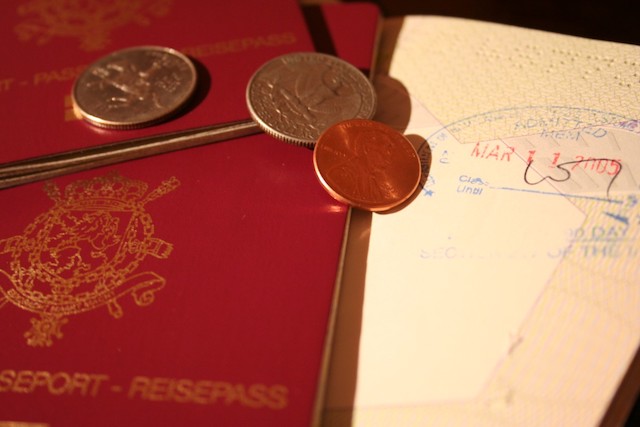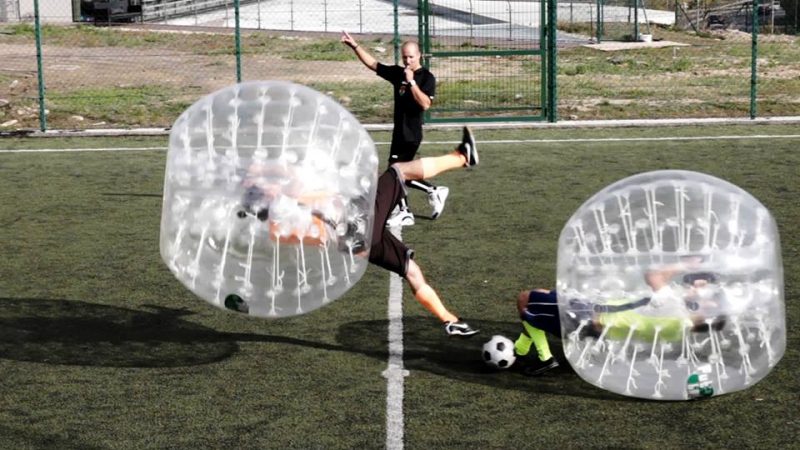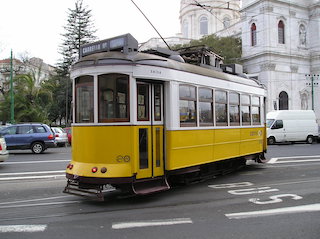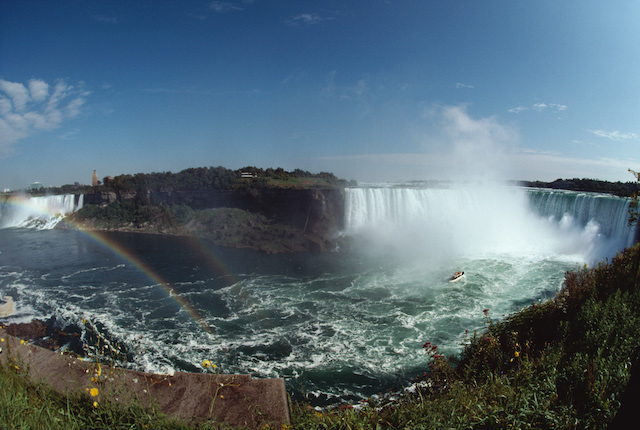Top 10 Tips For Added Security While Travelling
Traveling is an exciting experience, but it also comes with certain risks. Protecting yourself and your belongings should be a priority while on the road. Implementing a few simple strategies can greatly enhance your security and help you avoid potential dangers. Here are ten effective ways to stay safe and secure during your travels.
1) Keep your valuables close for security
When traveling, your valuables should always remain close to you for added security. Use money belts or neck pouches to carry cash, credit cards, and passports. These items should never be left in hotel rooms or in easily accessible bags. By keeping them on your person, you reduce the risk of theft. Additionally, avoid displaying expensive items, such as jewellery or high-end electronics, in public places.
2) Secure your luggage
Luggage theft is common, especially in crowded airports and public transport stations. Always use high-quality locks on your luggage. Opt for locks that are TSA-approved if you’re traveling through airports. For added security, lock your bags even when you are at your hotel. Consider using a luggage cable to secure bags to stationary objects in your room.
3) Be cautious with public wi-fi
Public wi-fi networks are not secure and can expose your personal data. Avoid logging into sensitive accounts, such as banking or email, while connected to public Wi-Fi. If you must use these networks, consider using a virtual private network (VPN) to encrypt your data. This will help protect your personal information from hackers looking to steal it.
4) Research your destination
Knowledge of the area you’re visiting can significantly improve your security. Research the local safety situation before arriving, including areas known for high crime rates. Learn about the local laws, customs, and emergency services available. Understanding your destination helps you avoid risky situations and travel with confidence.
5) Keep a copy of important documents
Losing essential travel documents can ruin a trip. Make copies of your passport, ID, travel insurance, and tickets. Keep both physical and digital copies stored securely in separate locations. If you lose any documents, having copies makes it easier to replace them. Store your digital copies in a secure cloud service that you can access remotely.
6) Stay alert in crowded places
Crowded locations, such as markets, festivals, and public transport hubs, are prime spots for pickpockets. Always be aware of your surroundings. Avoid being distracted by your phone or other devices when in busy areas. Keep your bags zipped and positioned in front of you. Staying vigilant helps you spot any suspicious activity and prevents theft.
7) Limit your cash usage
Carrying large amounts of cash can make you a target for thieves. Instead, rely on credit or debit cards for payments whenever possible. Cards are often safer and offer fraud protection. If you need cash, withdraw only what you’ll need for the day. Avoid displaying large sums of money when paying for goods or services.
8) Use hotel safes
Hotel safes offer a convenient way to store valuables when you’re not in your room. Use them for storing cash, credit cards, and passports. However, never rely entirely on the safe for all your valuables. If a safe isn’t available, store items in a lockable suitcase or bag. Keep your room key secure and avoid losing it.
9) Stay connected with family or friends
Maintaining regular communication with someone at home adds an extra layer of security. Share your travel itinerary and updates with trusted family or friends. Check in periodically through text, phone calls, or social media. In case of emergency, your loved ones will be aware of your whereabouts and can help coordinate assistance if needed.
10) Have a plan for emergencies
Emergencies can arise at any time. Be prepared by having a plan in place for various scenarios. Know the local emergency contact numbers, such as those for police, medical services, and your embassy. Have backup contact information for hotels, airlines, and tour operators. Familiarise yourself with the nearest hospital or medical facility in case you need it.
Maximise safety while exploring new destinations
Exploring new destinations can be thrilling, but always prioritize safety. Stick to well-lit, populated areas, especially after dark. Avoid walking alone in unfamiliar or isolated locations. If possible, travel with a group or hire a local guide to show you around. Always have a map or a reliable GPS on hand to prevent getting lost in unfamiliar areas.
Enhancing your travel security
Traveling can be safe and enjoyable with the right precautions in place. By being aware of your surroundings, securing your valuables, and preparing for potential risks, you reduce the chances of encountering problems. Staying vigilant and using the tips above can help you have a worry-free travel experience. The key to security lies in planning, awareness, and common sense.





